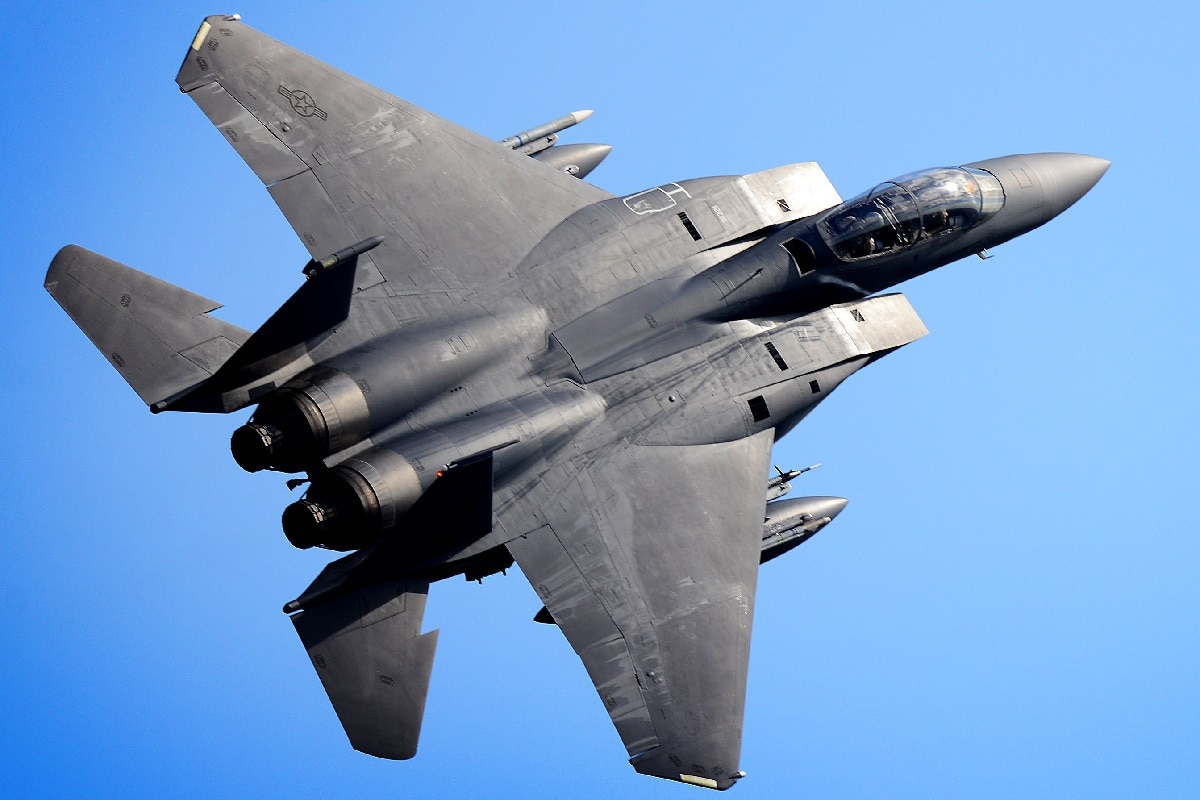Ukraine Struggles to Convince West to Hand Over its Aircraft to Fight Off Russian Invasion – An enduring feature of Ukraine’s pleas to the West for military assistance have been requests for aircraft. Despite the fact that the Ukrainian air force has managed to stay airworthy through months of fighting against Russia’s February 2022 invasion, Kyiv remains acutely aware of the fact that Russia holds a distinct and significant edge in the number of combat aircraft it possesses relative to Ukraine. However, Ukraine has found little success in convincing Western countries to send aircraft, the result of political and logistical headwinds.
Ukrainian Pleas for Aircraft in the Opening Weeks of the Invasion
In the first days of the Russian invasion of Ukraine, Ukrainian President Volodymyr Zelensky and the Ukrainian government made Western deliveries of combat aircraft a key item on their wishlist for arms deliveries. In addition to similarly unsuccessful calls for a no-fly zone to be created over Ukraine in the early days of the war, President Zelensky also made direct appeals to U.S. lawmakers for them to facilitate the transfer of Soviet-made combat aircraft currently in the possession of Warsaw-Pact-turned-NATO countries, which received some positive support on Capitol Hill. However, by April, Ukraine’s Air Force began to request American-made F-15 and F-16 fighters. Neither request came to fruition, with a potential scheme to send Ukraine Polish MiG-29s falling apart in dramatic fashion in March and U.S. officials likely demurring on F-15 and F-16 deliveries due to the huge logistical hurdles the provision of the American fourth-generation fighters to Ukraine would create.
Slovakian MiG-29 Transfer is a Go?
Despite previous troubles in acquiring Western-owned aircraft, Ukraine might be on the brink of acquiring Slovakian-owned MiG-29s.
Slovakia, which has already grounded the majority of its 11-jet MiG-29 fleet, had previously said that it would be willing to send its MiGs to Ukraine if allied countries stepped in to patrol its airspace in their absence. According to a July 3 announcement from Czech Prime Minister Petr Fiala made in the presence of his Slovak counterpart Eduard Heger, Czech aircraft will patrol Slovak airspace starting in September. Slovakia has had replacement F-16s for its MiG-29s lined up since a deal with the U.S. was struck in 2018, but those jets are not slated to be delivered until 2024.
Ukraine Wants Western Models, but the West Won’t Supply Them
Beyond its initial requests, the Ukraine’s desire for Western aircraft has only been able to find limited backing in the U.S. government and in other Western countries.
One of the most prominent cases made for giving Kyiv Western combat aircraft in the U.S. came from Maj. Gen. David Baldwin, the Adjutant General of the California National Guard (which has an official partnership with the Ukrainian armed forces by way of the National Guard’s State Partnership Program). Maj. Gen. Baldwin’s position has found few friends thus far, as U.S. policymakers remain hesitant about the potential escalatory effects providing such aircraft would create, as well as the logistical feasibility of the project.
However, this position has found a little more purchase on Capitol Hill, as Representatives Adam Kinzinger (R-Ill.) and Chrissy Houlahan (D – Penn.) introduced a bill on June 17 to begin training Ukrainian fighter pilots on U.S. aircraft, even if they are not yet slated to be provided to Ukraine. While Ukrainians in and out of government have stepped up their calls for F-15s and F-16s to be delivered, there is still no sign that such assistance is on the way, since the administration of U.S. President Joe Biden is hesitant to send Ukraine advanced weapons which could be used offensively in battle with Russia.
While Ukraine’s chances of receiving NATO-owned MiG-29s it has previously requested has gone up considerably since the beginning of the war, the prospects of receiving aircraft designed and built in the West are remain considerably lower.
Wesley Culp is a Research Fellow at the Center for the Study of the Presidency and Congress. He regularly writes on Russian and Eurasian leadership and national security topics and has been published in The Hill as well as in the Diplomatic Courier. He can be found on Twitter @WesleyJCulp.

